LGBTQ+ Ugandans have key role in push toward AIDS-free nation
Colin Stewart is a 45-year journalism veteran. He is the…
Uganda has launched an ambitious five-year plan (2020-2025) to reduce new HIV infections among adults and youths by 70 percent. Yet Uganda Aids Commission staff warn that “problematic laws against key populations” threaten the gains that Uganda has made in its fight against AIDS.
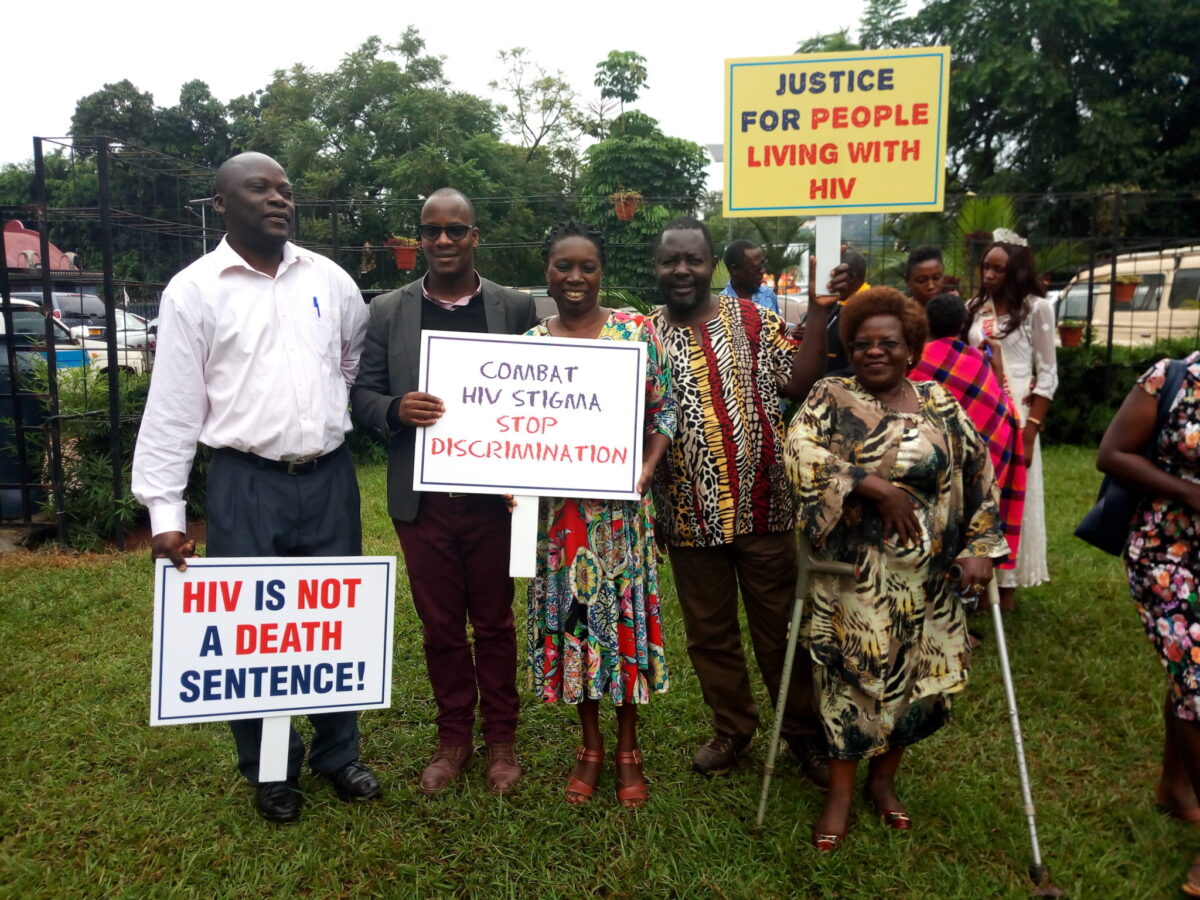
By Kikonyogo Kivumbi
The price tag of Uganda’s new anti-AIDS plan, titled “An AIDS-Free Uganda, My Responsibility”, will be US $908 million by the year 2024/25, up from US $703 million for the previous five-year plan.
Among the goals of the new National HIV and Aids Strategic Plan for 2020/21 through 2024/25 are:
- New pediatric HIV infections limited to under 5% by 2025.
- New HIV infections declining by 71%.
- Proportion of people under age 25 who are living with HIV dropping from 19% in 2019 to 12% by 2025.
- AIDS-related deaths declining by 71%, averting 42,000 deaths overall.
- The annual HIV-related death rate dropping from 19,533 to 10,800.
- The HIV-related mortality rate among those aged 15 to 49 years dropping from 66 to 33 per 100,000.
Dr Nelson Musooba, director general of the Uganda Aids Commission (UAC), told the 13th Annual Joint Aids Review (JAR) gathering in Kampala on Aug. 26-27 that there are still “High levels of stigma, discrimination and violence against key and vulnerable populations” in Uganda.
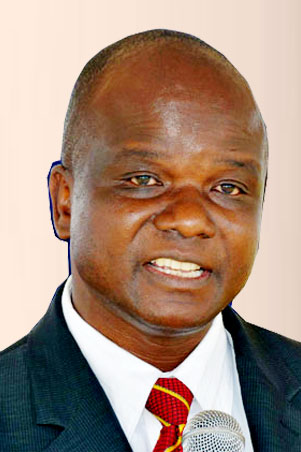
In his remarks, Musooba did not mention homosexuals by name. (In national health programming, homosexuals are included in the category of key populations (KPs) — those most at risk for AIDS.)
“Problematic laws, regulations and policies, such as those that criminalise sex work and other KPs” were listed by Dr Musooba as key shortcomings of the national HIV/AIDS response.
Human rights defenders have consistently demanded an end to repressive laws, including criminalisation of homosexuality, that hamper the fight against HIV in Uganda.
A new 2020 fact sheet on the state of HIV and Aids in Uganda can be found here. Among the facts listed are these updates:
- Among people living with HIV (PLHIV) age 0 to 14, a drop from 160,000 in 2010 to 100,000 in 2019.
- Among men age 15 and up, an increase in PLHIV from 410,000 in 2010 to 530,000 in 2019.
- Among women age 15 and up, an increase in PLHIV from 610,000 in 2010 to 830,000 in 2019.
- Among all Ugandans, an increase in PLHIV from 1.2 million in 2010 to 1.46 million in 2019.
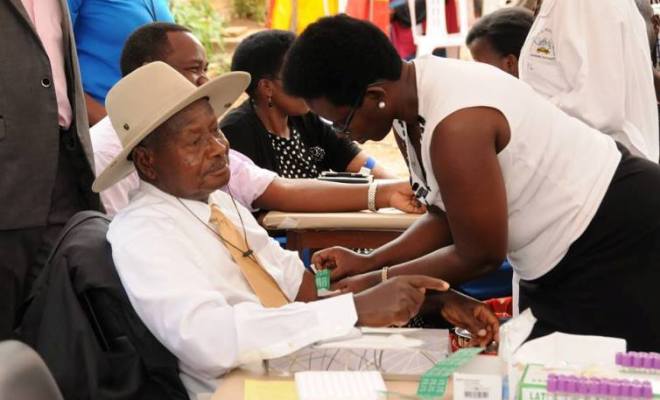
During the previous five-year National Strategic Plan (NSP):
- New HIV infections dropped by 62%, contributing to a drop from 94,000 in 2010 to 53,000 in 2019.
- HIV-related deaths dropped from 63,000 to 21,000.
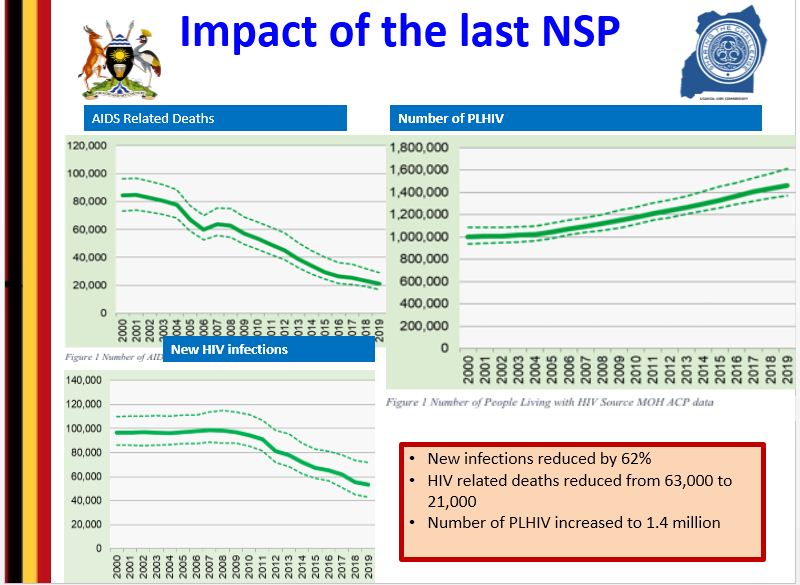
The UAC was set up by an Act of Parliament (Cap 208) in 1992 to coordinate and oversee the prevention and control of HIV and AIDS activities in Uganda.
It does not engage in direct implementation of interventions but is responsible for strategic leadership to coordinate the work of various players within agreed policy and programs. The commission reports directly to President Yoweri Museveni.
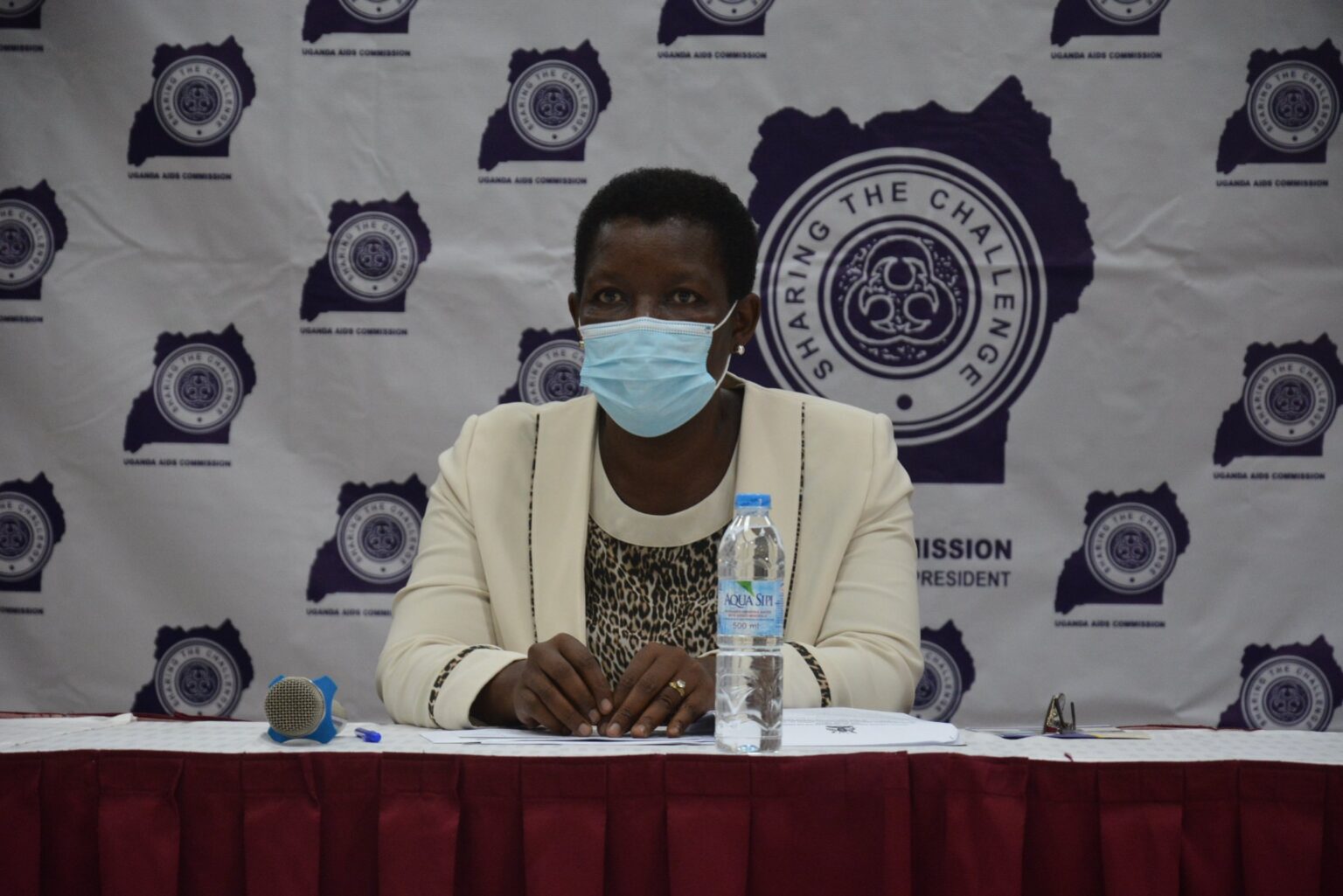

Due to Covid-19, the 13th JAR meeting, which was also the 11th Partnership forum, was mainly attended online by key HIV stakeholders from across the country including civil society, government institutions, funders and UN agencies.
Kikonyogo Kivumbi, the author of this article, is the executive director of the Uganda Health and Science Press Association.




